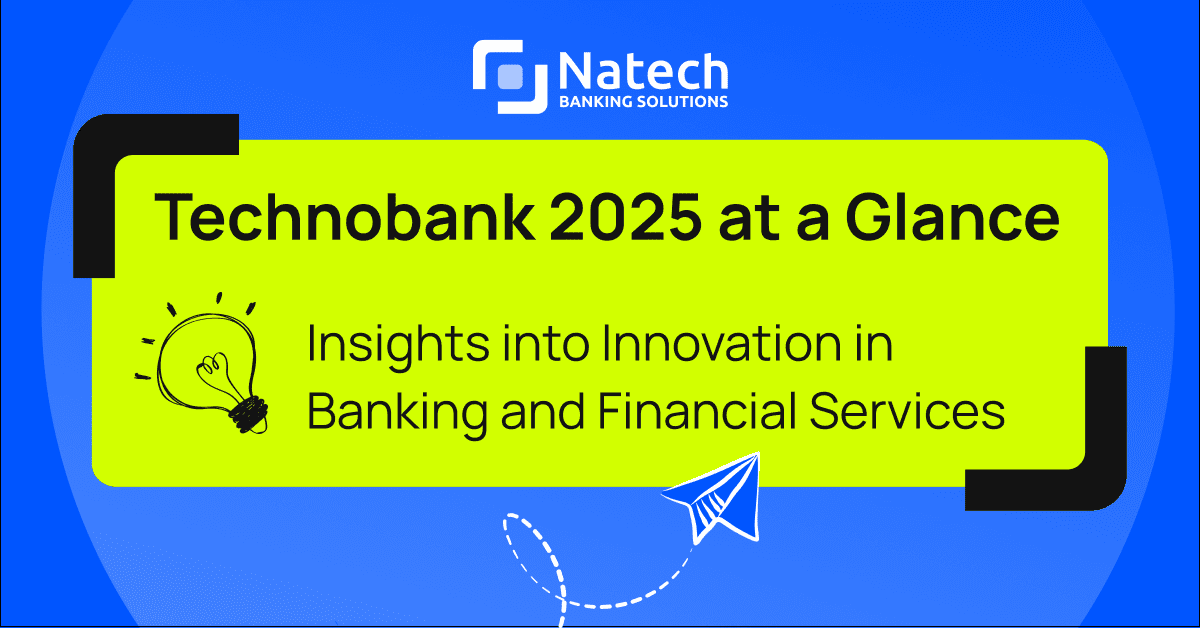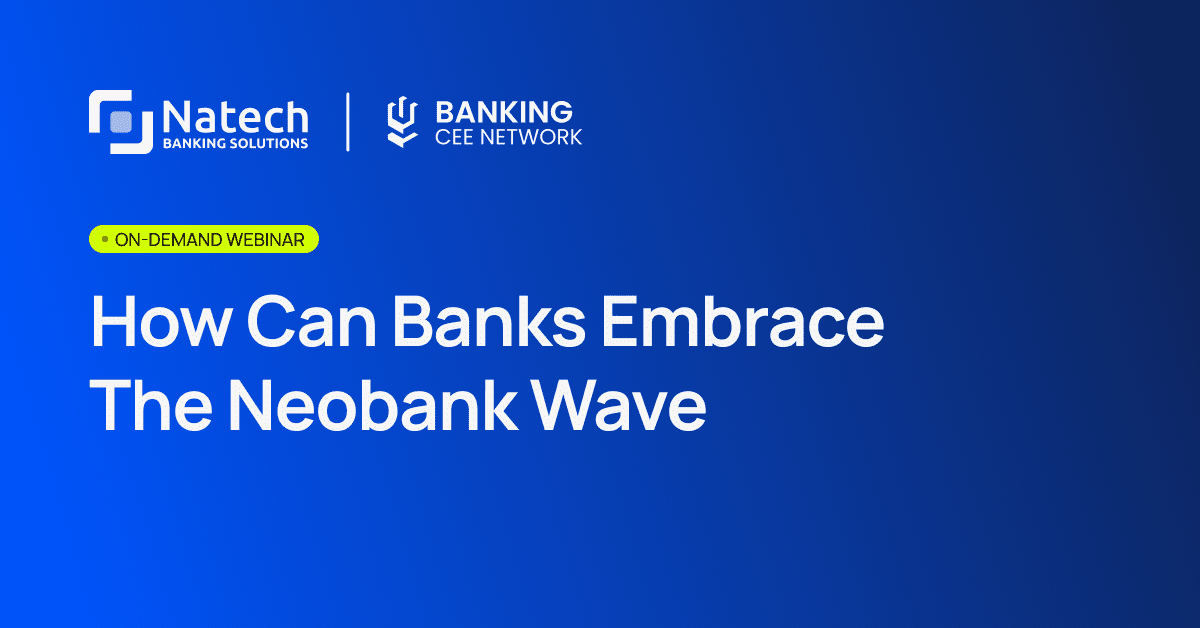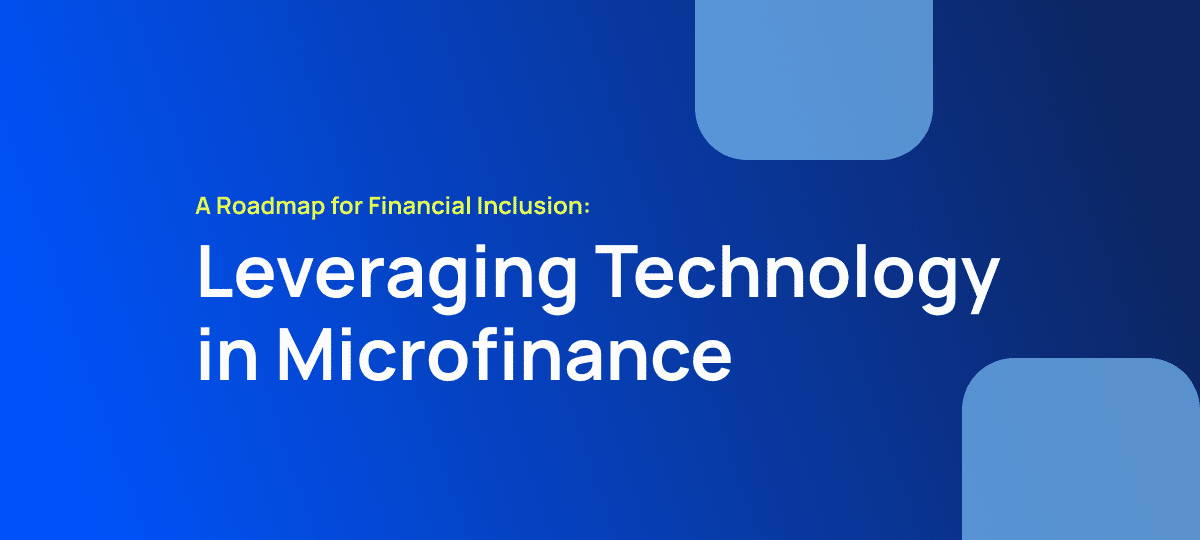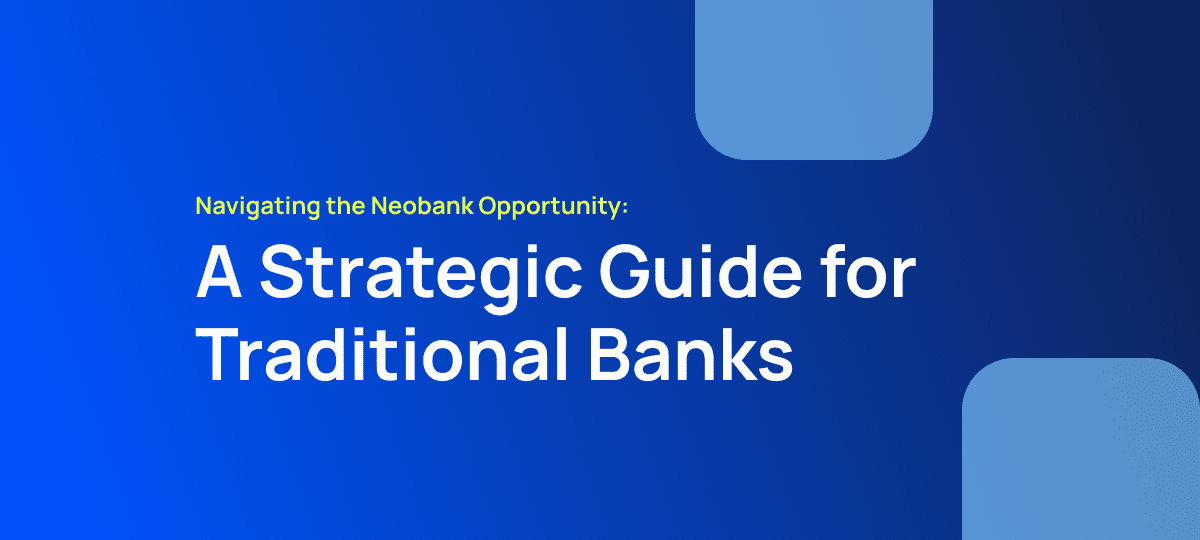How BaaS is Transforming the Fintech Market

Table of contents
The global fintech market is projected to reach $16.65 trillion by 2028, expanding at a CAGR (compounded annual growth rate) of 13.95% between 2022 and 2028. Key factors driving this growth are the increasing adoption of digital payments, higher business investment in tech-based financial services, supportive regulations, and acceleration in the IoT (Internet of Things) space. The single common thread binding all these is banking as a service (BaaS).
BaaS has enabled the deployment of technology to help fintech companies deliver agile and efficient financial products and services to customers with easy-to-integrate API-based architecture. Businesses across domains like healthcare, construction, and retail are leveraging the power of BaaS to elevate their customer experience.
Ultimately, customers are happy to access the required financial services on the provider’s platform without having to go through the complex procedures of traditional banking systems. Because of this convenience, their loyalty towards the brands further deepens, a win-win for both the provider and the user.
5 Ways Baas Is Disrupting the Traditional Banking Sector
Here are 5 ways in which BaaS is setting the stage for fintech to disrupt the traditional banking sector:
- Elimination of Banking Licenses
- Reduction in Time to Market
- Baas Makes Way for Regtech
- Baas Bridges the Gap Between Fiat and Crypto
- Deeper Insights Helping Build Personalized Products
1. Elimination of Banking Licenses
Governments and central banks define certain regulatory guidelines that a business must comply with, to expand into the finserv domain. These regulations aim to protect consumers from fraud and ensuring the sanctity of the financial ecosystem.
BaaS has enabled non-banking brands to deliver services without going through the regulatory procedures to procure licenses. They can simply use the banking licenses of their financial partners. So third-party providers can create the same value for their customers as banks do.
2. Reduction in Time to Market
Banking services such as money lending and payment processing require a secure and robust infrastructure. With the help of BaaS, fintech companies can use the existing banking infrastructure and introduce novel products and services to the market, saving the cost and time of building the infrastructure from scratch.
3. BaaS Makes Way for Regtech
Eventually, the lines between regulated services like loans and unregulated services like loyalty points are bound to blur, at least for the customer, for whom brands are becoming the face of the service rather than banks.
BaaS enables the seamless exchange of value by helping large-scale retailers use technology to streamline regulatory processes to ensure security in the financial ecosystem.
Implementing disruptive technologies like blockchain will help all stakeholders in the payments value chain collaborate and ensure compliance. BaaS is also poised to play a key role in propelling the use of AI for processes like KYC and document verification.
Automated, real-time reporting, with the help of machine learning and analytics, will reduce compliance costs and time to market.
4. BaaS Bridges the Gap Between Fiat and Crypto
The global cryptocurrency market was valued at $4.67 billion in 2022 and is projected to expand at a CAGR of 12.5% from 2023 to 2030. Additionally, cryptocurrency has limited regulatory compliances and has created a new landscape of opportunities for BaaS to deliver digital solutions. These solutions stem from the harmonization of cryptocurrencies with physical currencies. An integrated approach may help crypto expand in a regulated way, relieving concerned authorities.
Crypto-as-a-service (CaaS) platforms are shaping up as BaaS-driven parallel systems, enabling financial services providers to explore innovative financial products. It can help banks, fintechs, and non-banking finserv providers to form a collaborative ecosystem, deliver superior services and provide a seamless customer experience.
5. Deeper Insights Helping Build Personalized Products
With embedded finance, which is a primary application of BaaS, fintech firms have access to all the customer transaction data and spending habits. For instance, a debit card provider knows all transactions within and outside the network as they have access to the customer’s payment history.
This data can be used to up-sell and cross-sell products and services in addition to developing relevant products.
Factors Helping BaaS Transform the Fintech Sector
The financial landscape has evolved significantly over the past decade. This is expected to continue, accelerating the role of BaaS in fintech companies.
- Banks are collaborating with fintech services and trying to keep up with the pace of technological advancements to meet customer requirements.
- Small and medium-sized businesses are taking advantage of the simplified business banking facilities brought to their fingertips by BaaS-powered fintech solutions.
- The explosion of mobile-first apps is driving fintech companies to reach customers via embedded finance.
- Improved customer experience delivered by BaaS-powered solutions is broadening the consumer base in the fintech ecosystem.
- As consumers often choose non-traditional providers for lower fees and greater convenience, fintech can penetrate the unbanked population by embedding BaaS operations within B2C apps.
BaaS is penetrating and disrupting all financial and payment-related domains. It’s creating
new revenue streams for all types of financial services providers to make payments and
democratizing how customers access financial services.
At Natech, we help fintechs and finservs stay ahead by improving their user experience and internal operational efficiency. Contact us to learn how we can help you deliver unique core banking, e-banking, and mobile banking services.












